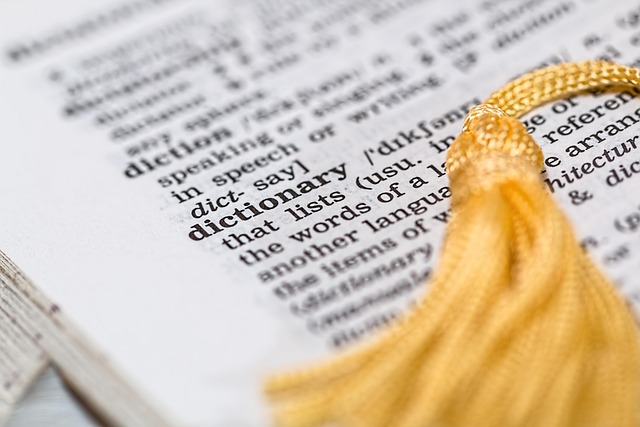
Decoding Communication: Unlocking the Meaning of Words in Relationships
Communication is the lifeblood of any relationship. The meaning of words can either build bridges or create barriers. In our daily interactions, we often overlook the profound impact that our words hold. Misinterpretations and assumptions can lead to confusion, hurt feelings, and conflict, making it crucial to grasp not just what is said, but the meaning behind those words.
When we talk about relationships, whether romantic or platonic, understanding the meaning of words takes on heightened importance. Have you ever found yourself in a situation where a simple word or phrase led to an unexpected disagreement? Perhaps your partner said, I need space,” and you felt rejected, not realizing that they merely sought some time to recharge. In such moments, deciphering the true intent behind the words can change the narrative entirely.
Relationship advice often emphasizes active listening, but this concept extends far beyond hearing the words spoken. It’s about tuning into the emotions and intentions that accompany those words. For example, when your friend shares a troubling experience, they may say, “I’m okay,” while their tone and body language suggest otherwise. By being tuned in to the subtleties, you can provide the support they truly need, validating their feelings through empathy.
One effective strategy to enhance your communication is to ask clarifying questions. If you’re unsure about the meaning of your partner’s words, don’t hesitate to inquire further. A simple, “Can you elaborate on that?” invites them to open up more, allowing for a deeper understanding of their emotions. This not only fosters an atmosphere of trust but also conveys that you genuinely care about their feelings.
Moreover, expressing your own feelings with clarity is equally important. When sharing your thoughts, choosing words that encapsulate your true feelings can help prevent misunderstandings. Instead of saying, “I feel ignored,” try a more precise expression like, “I feel anxious when I don’t hear from you for a while.” This shift in language conveys a specific feeling and can prompt a more productive conversation.
Your non-verbal cues also play a critical role in decoding the meaning of words. Body language, facial expressions, and even silence can offer valuable context. For instance, if your partner says, “I’m fine,” but avoids eye contact and crosses their arms, it’s crucial to recognize that their body language may contradict their words. Being attentive to these signals allows you to respond appropriately and compassionately.
Furthermore, it’s essential to recognize that everyone has a unique perspective shaped by their experiences. A word that holds a certain meaning for you might evoke different feelings for someone else. This diversity in understanding highlights the need for open dialogue and patience. It’s beneficial to share your interpretations openly and learn how your partner or friend perceives the same words.
In navigating the complexities of communication, remember that vulnerability can be a powerful tool. Sharing your struggles with expressing yourself can help others feel safe to do the same. This mutual exchange can deepen intimacy, as both parties strive to understand each other’s languages of love and support.
Ultimately, unlocking the meaning of words in relationships is about fostering a culture of understanding and respect. It’s about viewing conversations as opportunities rather than challenges. By actively seeking clarity, being aware of non-verbal cues, and expressing ourselves thoughtfully, we can enhance our connections and nurture healthier, more fulfilling relationships.


